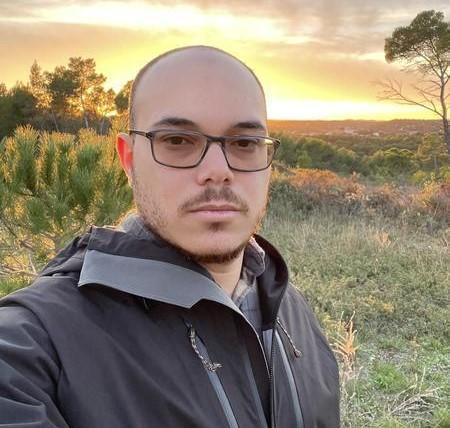Kauê de Sousa
Kauê de Sousa joined the Alliance of Bioversity International and CIAT in 2016 as research assistant at the Costa Rica office. Currently, he works as Scientist II for the Digital Inclusion Lever, based in Montpellier, focusing on data-driven agriculture. He also serves as an Associate Professor at Inland University in Hamar, Norway. With over a decade of experience in international agricultural research, Kauê has contributed to several topics to enable food systems transformation such as farm innovation and experimentation, data efficiency, data integration, software development, agriculture and food interface, agrobiodiversity, climate change adaptation, and social development studies.
Kauê has contributed to mainstreaming the tricot approach, a digitally supported on-farm testing method in Africa, benefiting over 30 teams across 15 African countries. He is also dedicated to capacity development, mentoring students, and training professionals in decentralized experimental agriculture and data analysis.
Currently, he dedicates most of his research time to the 1000FARMS Project (funded by the Bill & Melinda Gates Foundation) and the BOLDER Project (funded by NORAD) in collaboration with Crop Trust. In these projects, he works on scaling a large-N on-farm testing network to support decisions in plant breeding (1000FARMS) and seed systems for NUS crops (BOLDER) in Africa. Kauê also contributes to several CGIAR projects and initiatives, such as Market Intelligence and Genebanks, providing insights into data management, analysis, and integration.
Kauê advocates for best practices in data management and is committed to open-source data (and workflows). Most of his code is published on his team's GitHub page. He has developed and maintains four R packages, three of which are part of the CRAN Agriculture Task View.
Kauê holds a PhD in Applied Ecology and Biotechnology from Inland University (Norway), a Master's degree in Tropical Agroforestry from CATIE (Costa Rica), and a Bachelor's in Forestry from the Federal University of Amazonas (UFAM, Brazil). He is fluent in English, Spanish, and Portuguese.

